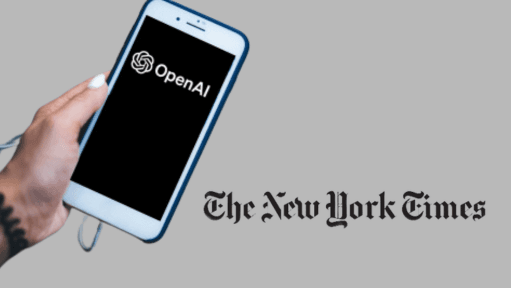
New York Times Denies Allegations of Hacking OpenAI in Copyright Battle
The New York Times has refuted allegations of 'hacking' OpenAI's systems through a third party to fabricate evidence for their copyright lawsuit.
The Times filed the lawsuit against OpenAI and Microsoft in December, alleging unauthorised use of their articles in Bing Chat and ChatGPT.
OpenAI dismissed the suit as baseless, accusing The Times of manipulating prompts to make the chatbots regurgitate their stories. They claimed The Times paid someone to hack OpenAI's products, calling it a breach of journalistic standards.
The Times has dismissed the hacking claim as unfounded, stating OpenAI's attempt to dismiss the lawsuit as grandstanding. They accused OpenAI of using the term 'hacking' to undermine the suit, asserting that their investigation merely exposed OpenAI's use of their content without permission.
In response, OpenAI reiterated that the lawsuit lacks merit and defended their use of publicly available internet materials as fair use, supported by legal precedents.
The lawsuit highlights The Times' argument that OpenAI and Microsoft's AI programs use large-language models developed by copying their articles, aiming to substitute for The Times and steal its audience.
Despite discussions progressing constructively, negotiations between OpenAI and The New York Times broke down in December.
OpenAI expressed hope for a constructive partnership with The Times, emphasising their commitment to collaboration with news organisations to enhance journalism through AI technology.
For any enquiries or information, contact ask@tlr.ae or call us on +971 52 644 3004. Follow The Law Reporters on WhatsApp Channels.